"Felice's Worlds" by Henry Massie
SUMMARY:
FIRST SHE ESCAPED THE HOLOCAUST AND THE POVERTY
OF THE SHTETL. AFTER THAT, SHE MOVED IN MANY WORLDS. AND IN EVERY ONE SHE MADE
HER MARK.
Felice Massie was a student in France, caught up in the horrors of Naziism
when she was 20 years old. Cut off by
the war from her family living in a small village in Poland, she shifted from
one country to another attempting to find a home for herself and a means to
rescue her parents, brother and sister.
As the Holocaust descended on her shtetl, she arrived penniless in
America. Over time she raised a family
and amassed one of foremost collections of American modern art. Her boldness and resilience became a beacon
of hope and inspiration for others.
MORE ABOUT THE BOOK :
Website Address: www.booksbnimble.com
Twitter Address:
@booksbnimble
Facebook Address:
/booksbnimble
Genre: Biography/Memoir/Historical
(Holocaust)
Publisher:
booksBnimble
Publication Date:
Feb, 2012
Purchase the book:
Amazon
ABOUT THE AUTHOR :
Henry Massie is a psychiatrist, award-winning author, and
pioneering researcher in the field of autism. FELICE'S WORLDS--From the
Holocaust to the Halls of Modern Art, is the a memoir and biography of his
mother, a brilliant and beautiful woman who participated in many of the most
critical periods of the 20th Century.
You chose a specific
genre, a place and time to write about, what made you choose it?
The genre chose me. Felice's Worlds is a biography of my
mother, in a sense her memoir. It is
often in the very words she used to tell me about her life and adventures during
some of the critical periods of the 20th century. It is also a double-memoir about how her
brilliance, boldness and emotional burdens affected me. Her story was dying to be told.
Currently I am working in the very different genre of a
highly fictionalized account of how somebody I knew was influenced by his
friendship with Marilyn Monroe when he was in high-school and she was in her
thirties, in the two years before her death.
It is called Prom Date. I fell into writing it because of my
fascination with people's desires and dreams and how they turn out.
2) Please share with your readers where you
like to write. Do you have a particular space or desk? What can you see from your desk? Do you have props you use to write from? What about special "charms?"
I have three desks:
one in my office where I keep charts and so forth, one in a study in my
house in Berkeley where I pay bills, and one at
my cabin near Guerneville , California ,
near where the Russian River flows into the Pacific
Ocean . The desk at the
cabin is where I do my writing. I need
to escape from the city desks to the cabin to be creative. "Living on the river," as people
say, is to live in another world that fosters fantasies. From my desk there I see three redwood trees
reaching to the sky, climbing so high that I can't even see their tops if I put
my face to the window and peer up. My
desk is completely cluttered with paper, clippings, and notes to myself. My
two desks back in town are neat and orderly.
The trees outside my window are my writing totems.
3) In your opinion, what makes a book a great
one?
A great book has to suck me into it like a whirlpool. After a spell of reading, the characters and
their dilemmas in a great book make me feel so tense that I need to put the
book down and get some breathing space.
The language and imagery has to be alive and poetic. I don't think books that obsess over little
details and tiny shades of meaning and feeling are great (I call them dandelion cottage books) even though
many critics adore them.
4) Please share with us the underlying message
of your book. What would you like your
readers to take away after having read the book?
There are several themes running through Felice's Worlds: 1) War endures through millennia in the land
called Palestine and Israel because of the never-ending folly of men with guns,
2) Those who suffered the Holocaust have passed their psychological trauma from
one generation to the next and the next, 3) Traumatized though they may be,
some people show amazing emotional resilience, 4) Beauty may save the soul, but
only so far.
I'm content if readers understand these things better after
reading Felice's Worlds.
5) Is there a song or music in general that
might best represent your book as a theme song.
Yes, Eastern European klezmer music captures the book. The publisher, BooksBnimble, created a video
trailer for Felice's Worlds, with an
excerpt of Felice speaking about her past when she was in her seventies, and
with pictures of her village on the Polish-Russian border, and her home and art
in America
6) If you could write your book again, what
would you change?
Felice's Worlds went through three or four drafts, with
input from friends and two editors. For
the final draft I told myself this time I
want to get it right, leave nothing I'm dissatisfied with on the page, say what
I want to say, and say it cleanly once a for all. I'm satisfied with what's there.
7) What did you feel or think when you held the
first copy of your book in your hands?
I felt that I had done justice to Felice's life.
8) Tell us a secret about your book we wouldn't
otherwise know, please!
Felice had a saying: Truth is better than fiction because it is
more unbelievable. Perhaps she
invented some of her truths.
Further Remarks About "Felice's Worlds":
"Henry Massie never blinks as he creates an astonishing
chronicle of a life in diaspora. Only a son could capture this passionate
spirit, who escaped both Adolf Hitler and Joe McCarthy." --Patty
Friedmann, author of TOO JEWISH
“Henry Massie's FELICE'S WORLDS is a labor of love in more
ways than one. A daughter of the 20th
century, Felice Massie's journey is both a personal odyssey and a window on
some of the most important events in political history and the modern art
world. It's also the story of a
remarkable woman who was ahead of her time in many notable ways. Although there are heartbreaks along the way,
Massie also captures his mother's sense of humor and most of all, her
remarkable coming of age in Europe, Palestine and America. This is a book you'll want to share with your
friends and gift to everyone who appreciates the skills of a wonderful writing
talent. Don't miss it.” --
Roger
Rapoport, author of Hillsdale: A Greek
Tragedy in America's Heartland, and journalist, the Frequent Flyer.
From the author:
I had listened to my mother’s tales all my life and wanted
to share them. She was an escapee from a Polish shtetl wiped out by the Nazis,
a high-school political activist in Lithuania, a university student in France
who lost her first love tragically, a partisan for Arab-Jewish co-existence in
Palestine who was caught in the first intifada in 1936, and a penniless arrival
to America in 1937.
Yet when she died she had amassed one of the most important
collections of Modern Art in the world and was a university lecturer on the
subject.
In writing about her, I understood for the first time how
her experience of losing loved ones to the Nazis had been passed on to her
American son.
But as a psychiatrist, I was drawn to Felice’s story because
it shows so much resilience in the face of terrible emotional trauma. Her life
dramatizes how just keeping on through days of having nothing but a belief that
"someday I will have something," can be a powerful survival tool.
– Henry Massie
From the publisher:
One of Felice’s friends called her “the quintessential
perfect modern woman.” I call her a role model. We should all be so inventive,
so quick, so brilliant and mesmerizing. When I got to the part of the narrative
where she immigrates to America, I held my breath, afraid the exciting part was
over. But I just didn’t know Felice. I ended up fascinated to the end, riveted
by Felice’s ability to be herself, to make her mark no matter where she was.
-- Julie Smith



















































































































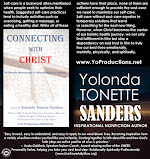


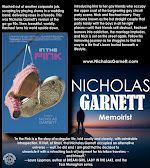


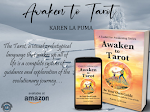
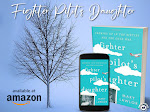
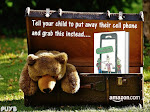
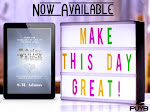


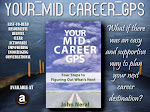
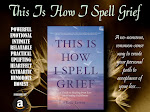
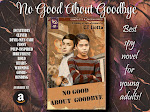

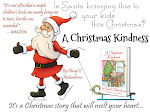
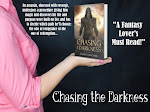
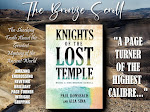


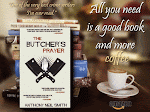
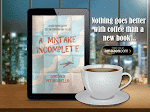
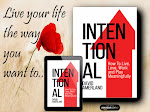
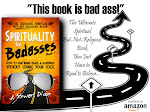

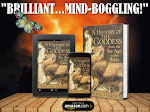

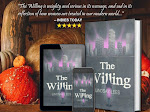
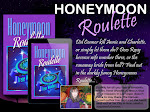
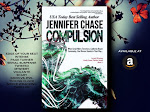
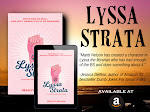
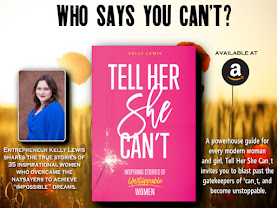









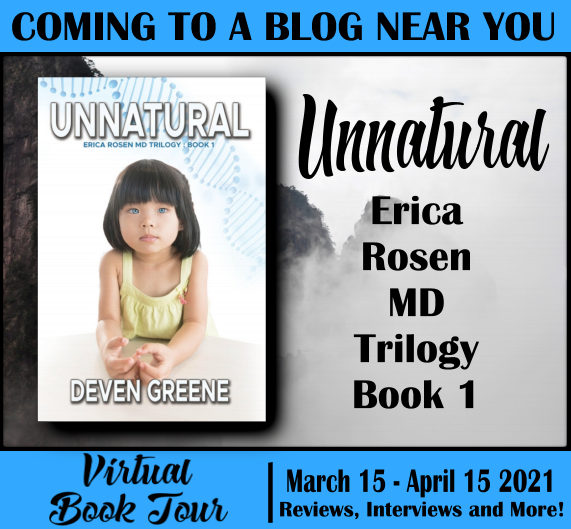
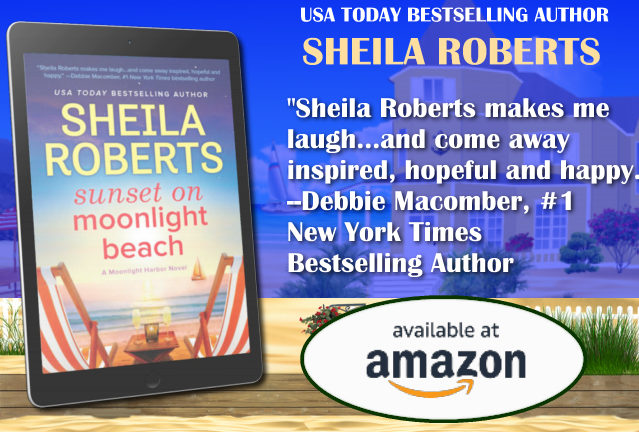
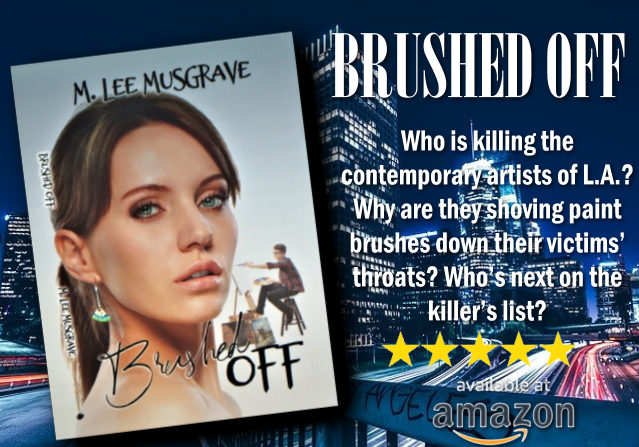


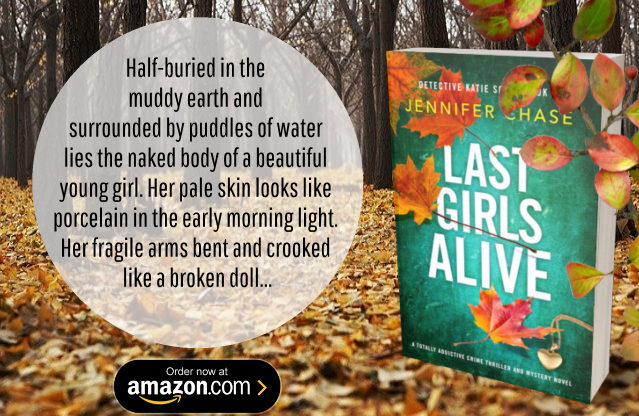
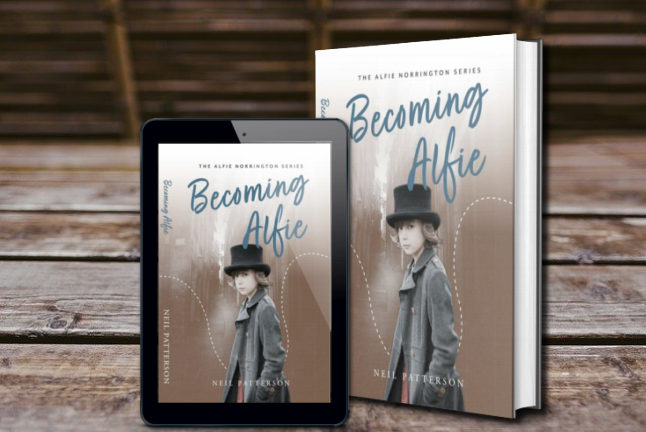
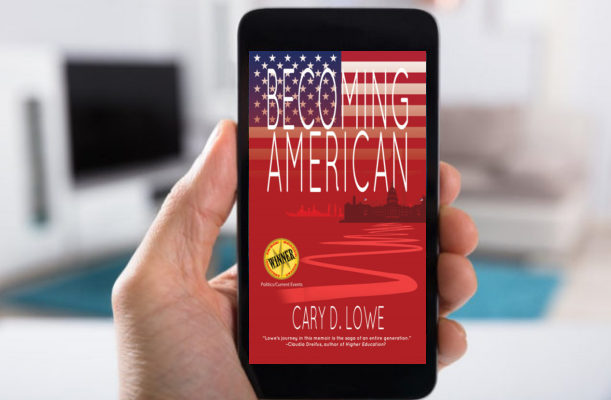

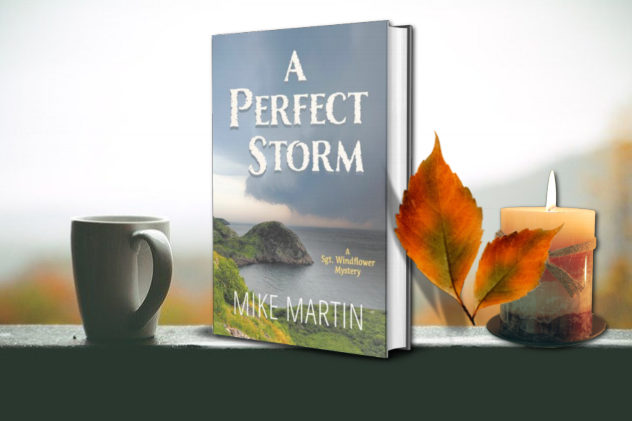
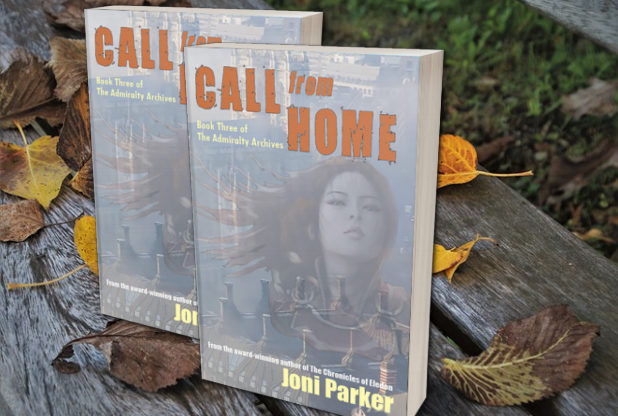
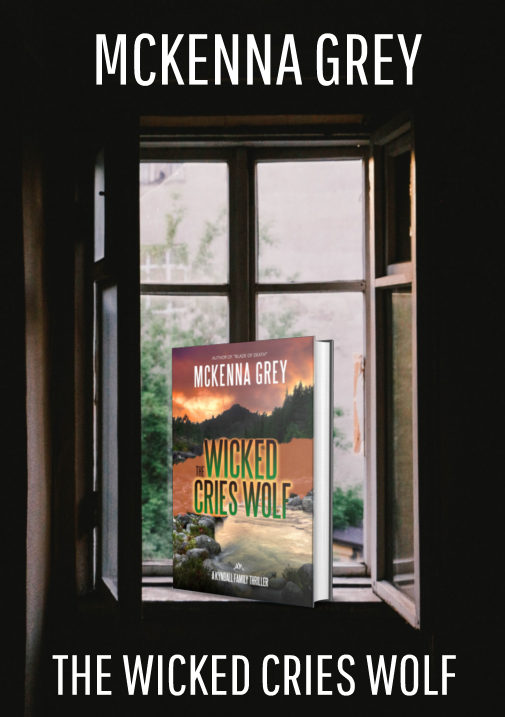


Great Blog..!!!! Keep Blogging....
ReplyDeleteboleh juga tutorialnya, di save page as dulu ahhh
ReplyDeleteNice Info TQ For Sharing
ReplyDeletejempol info nya gan ,,
ReplyDelete